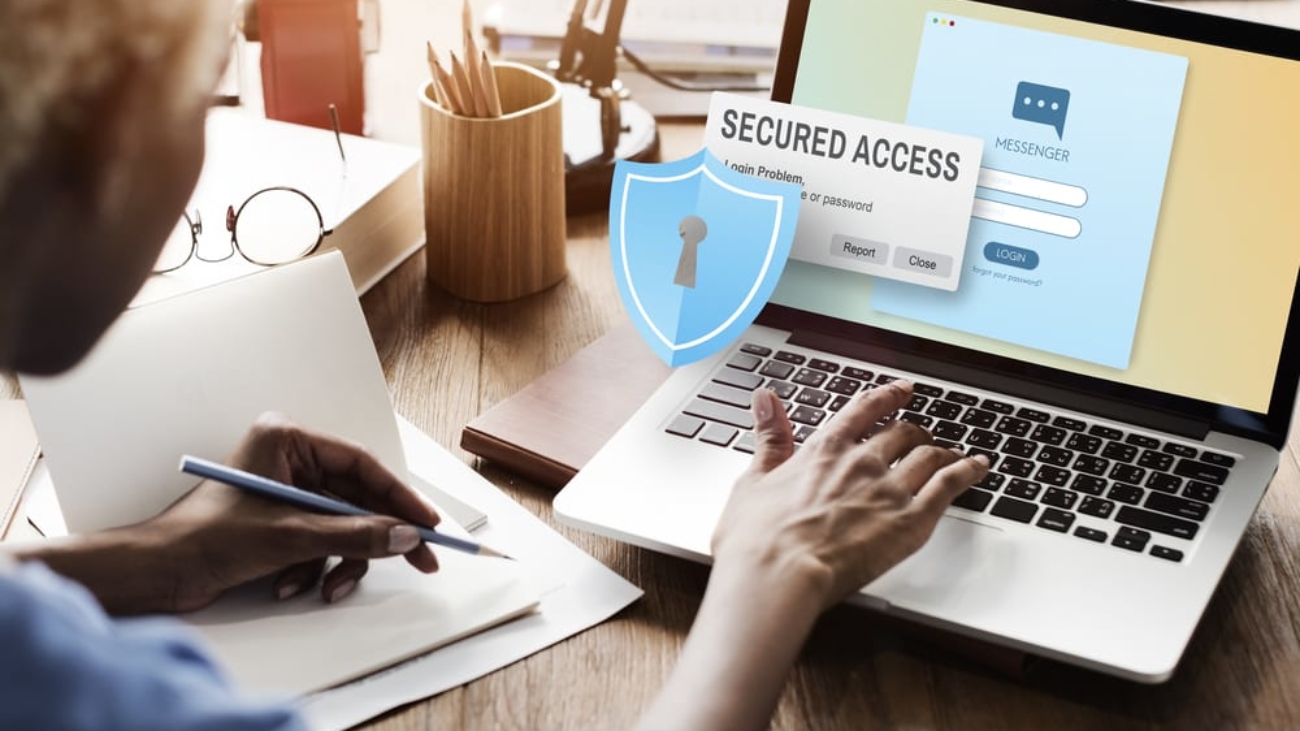Working from home is starting to become a necessity rather than by choice as the world continues to stay quarantined and activities are restricted to prevent the spread of the dread COVID-19 virus.
With companies allowing their staff to work remotely, so should data and online security is a major consideration.
Ensure you have up-to-date online security software
First and foremost, having the latest online security software keeping tabs of your online work and activity is non-negotiable.
Employers and business owners need to make sure they are equipped with the latest security software for systems that they will be deploying to their remote staff.
Here are key steps to take when deploying a work-from-home set-up.
Develop work guides and remote work-related training documents
Your staff needs to be calibrated with your remote work process and operations, which makes it critical to set proper expectations and guidelines.
If you are going to deploy new software, creating a step-by-step guide on how to use the software is important so your staff may be able to walk through the process and have a reference or review anything they may have missed.
Dedicated hardware and mobile devices
Avoid using external or third-party devices to connect to your business network. Use only dedicated mobile devices that are equipped with security software and deploy it to your remote teams.
You can be at risk of getting compromised when using a general use device connected to a public network.
Data encryption
As an essential security measure, make sure that all devices using the software be able to encrypt any data at rest, which could also serve as a protection backup in case any of the devices is stolen or lost.
Mobile device management (MDM)
These are tools that are set-up with mobile devices and are configured to have remote access to any mobile device connected to the network such as create backup files, retrieve or erase data, remotely lock devices, and communicate with colleagues.
Virtual private network (VPN)
Ensure that all devices used for remote work are patched to a VPN. This will ensure that your devices are connected to your private network without getting the risk of getting compromised or hacked by outsiders.
Avoid using USB storage devices
As much as possible, do not use USB storage devices when transporting or transferring data from one device to another. High-capacity USB storage may contain sensitive data that can be easily accessed in the event it gets lost or stolen.
Always play safe
Do not underestimate the capability of hackers to access your business and personal data.
Here’s a quick checklist to guide you on what to do to ensure your online and data security.
- Enable your capability to disable removable media using MDM
- Use up-to-date antivirus or anti-malware tools
- Use only products or devices provided by the company
- Always ensure encryption for data at rest
- Avoid using USB devices when handling files for transfer or transport
Always err on the side of caution so you can avoid getting problems with your work-from-home process.

